Bringing the Magic of Immersive Experiences to Life
"Technology is no longer just supporting the guest experience, it's quickly becoming the experience.”
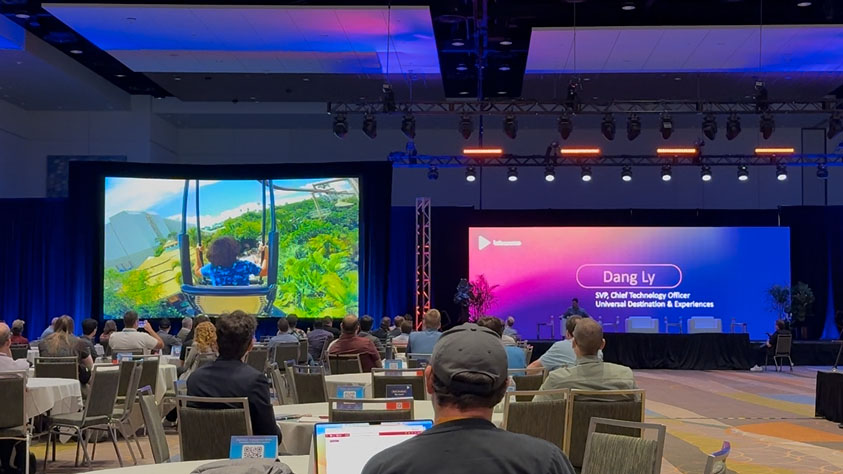
Orlando is the host of InfoComm 2025, but also home to two of the world’s most beloved theme parks. Exploring the world of immersive experiences—which neighboring Universal’s Epic Universe excels at—made the opening keynote, “Experience Economy: How Technology is Shaping the Next Generation of Immersive Experiences,” a perfect fit to kick off the show. Todd Hougland, senior director, design and development, Ripley's Believe It or Not! World Entertainment, led an engaging (and immersive) discussion on technology’s role in the changing guest experience.
[All the InfoComm News, Products, and Insights for 2025]
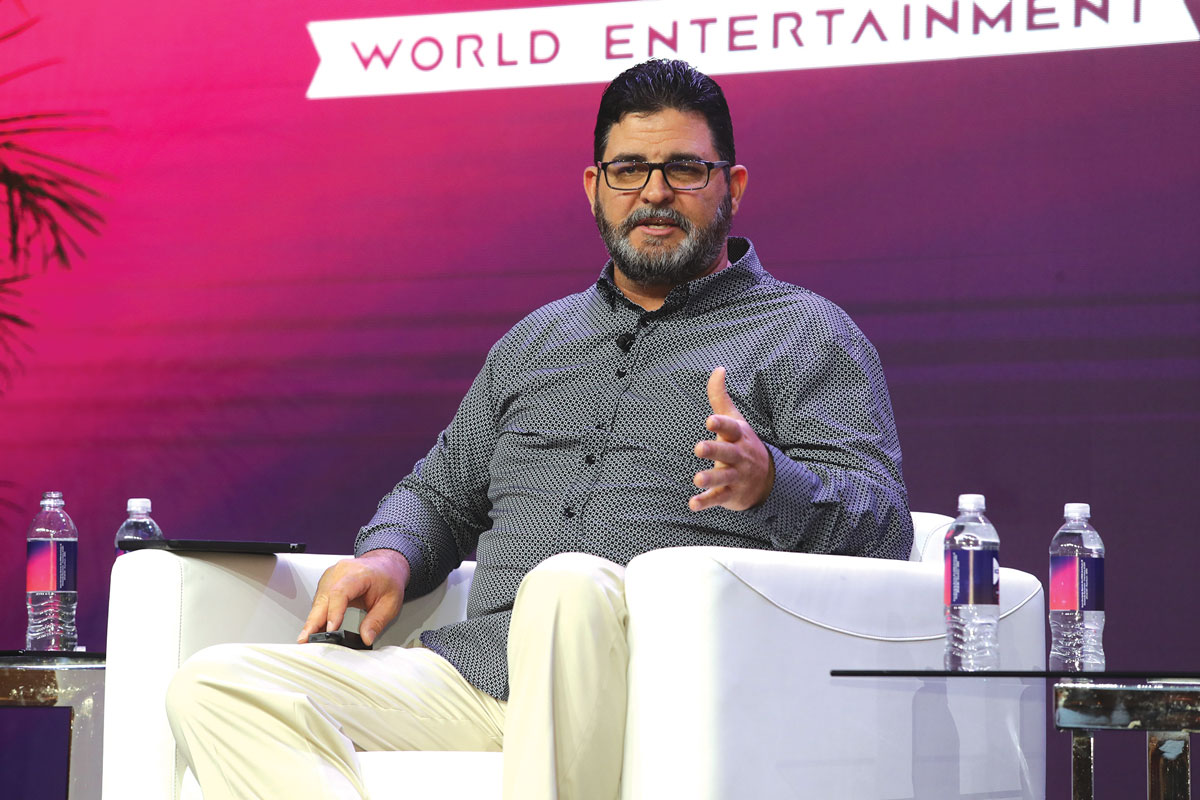
“We're living in a time when the boundaries between the physical and the digital worlds are blurring faster than ever,” Hougland said, opening the discussion. “From theme arts to virtual production stages, from cloud-powered storytelling to AI-driven personalization, technology is no longer just supporting the guest experience, it's quickly becoming the experience.”
Dang Ly, senior vice president/chief technology officer-Universal Destinations and Experiences, and Jeff Zabel, global industry specialist, AWS Immersive Experiences, joined Hougland to discuss how the two companies are collaborating on bringing new worlds to life in the theme park and beyond.
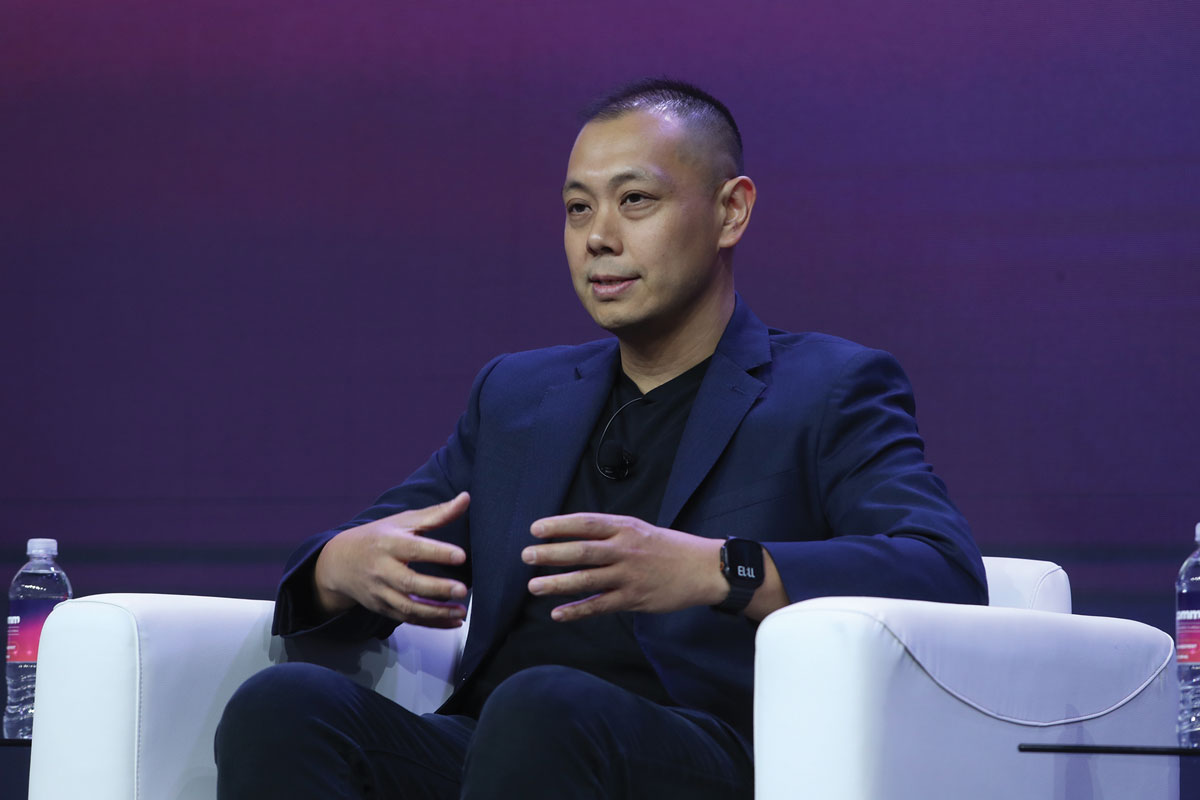
“That's one of the things that is really great about working in this industry is that we can start to fuse these different technologies in a way that we get a lot of new experiences and new capabilities,” Ly commented, talking about Universal Studios bringing movie magic to life for more than 60 years. He went on to add how much the immersive experience has changed from a decade prior, when they were fun and brought the wow, but everyone essentially got the same experience. Now, personalization is the key, and equally important is optimizing that personalization so that the experience is different every time.
Ly pointed to the wand experience from the Wizarding World of Harry Potter attraction in the Universal parks. The magic wands are designed to allow the guest to “control” certain aspects of the physical environment, but at Epic Universe, Universal has taken that to the next level. “Not only are you able to cast spells, but now you're able to do it under your persona. What house can you walk in? Can you earn house points for your specific house? It's the type of thing where you can start to gamify experiences, and you get even more brand information. It's a real special moment in the industry.”
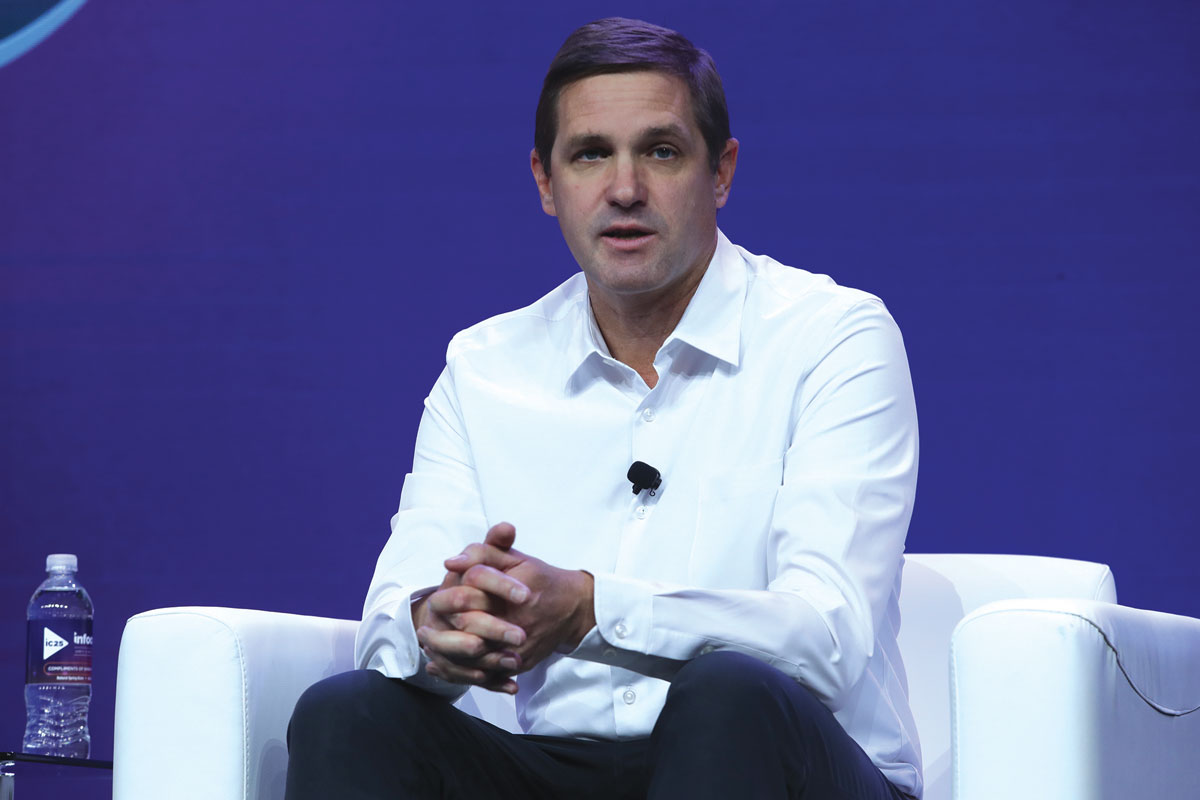
“When we hear about the connectivity and the personalization, when we hear about connecting people and blending the digital physical worlds, this is where we think the power of AWS cloud infrastructure and AI-powered intelligence and biospatial computing really helps tie those aspects together for our customers in ways that they can then provide them to their customers and really enhance that experience,” Zabel added on his company’s role in immersive development.
A daily selection of features, industry news, and analysis for AV/IT professionals. Sign up below.
Of course, no conversation in Pro AV is complete without exploring the role of AI in innovation. Both Ly and Zabel discussed generative AI but focused on the power of agentic AI—a way of applying Gen AI to learn more about specific context actions and to be able to perform functions in that way. It enables immersive creators to become more efficient with less need for specific developers and programming capabilities, allowing everyone in an organization to do things they never believed imaginable.
It's not simply the attractions that are changing. We see immersive video and audio enhance the experience at theme parks, museums, sporting arenas, and various attractions, but advanced AI and biometrics can also improve the guest experience. For example, guests can access their lockers at Universal parks via facial recognition.
Immersive experiences don’t come without challenges. Once upon a time, guests were happy with a created experience, even if it remained the same for years. Now, staying ahead of the curve and understanding the data to frequently enhance and optimize immersive attractions is a process that will never end. As Ly concluded, the concept of personalized experiences is going to continue to push people to think of new ways to connect people and blur the lines of reality even further, providing enormous value to the Pro AV industry.
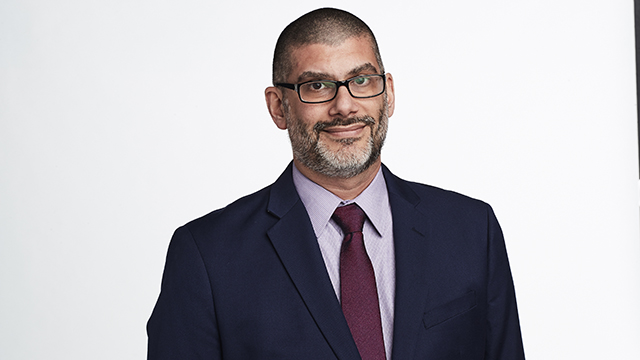
Wayne Cavadi is the senior content manager of Systems Contractor News. Prior to taking a leap into the Pro AV industry, Wayne was a journalist and content lead for Turner Sports, covering the NCAA, PGA, and Major and Minor League Baseball. His work has been featured in a variety of national publications including Bleacher Report, Lindy's Magazine, MLB.com and The Advocate. When not writing, he hosts the DII Nation Podcast, committed to furthering the stories and careers of NCAA Division II student-athletes. Follow his work on Twitter at @WayneCavadi_2 or the SCN mag Twitter page.
